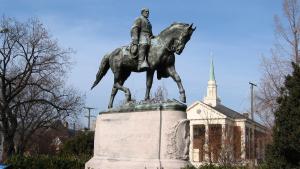Lisa Schrad worked at InterVarsity Press for over nine years as a proofreader and Bible study editor and then at InterVarsity’s headquarters on the Communications Team. She has an MFA in poetry from Butler University and loves reading, writing,and having good conversations with family and friends over steaming-hot beverages.
Blog Categories:











Add new comment